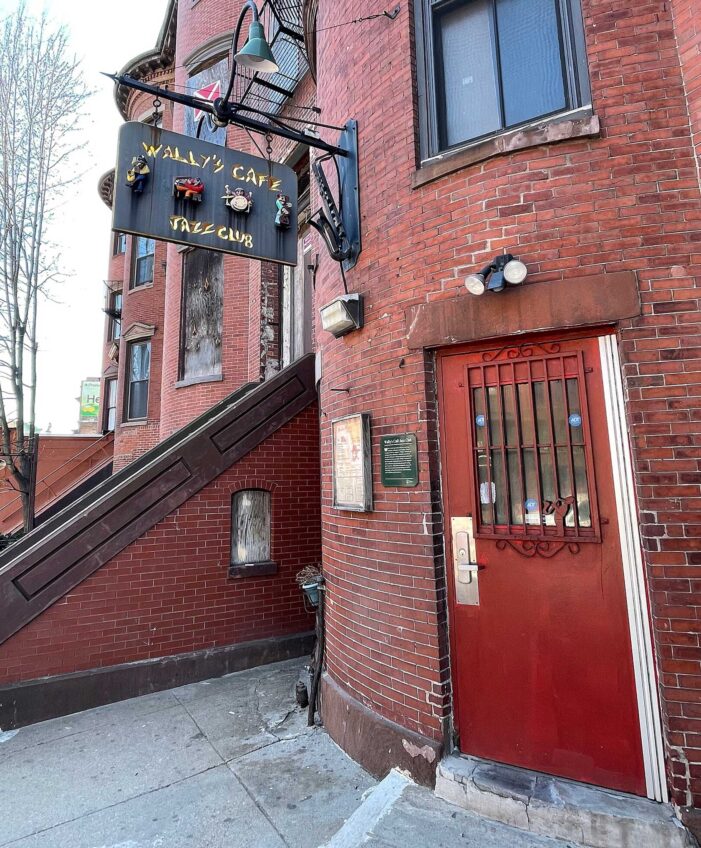It’s called the “Shut-off Swindle” and consumer advocates say the scam has reached record levels this winter, in part by preying on utility customers in New England.
The scam, like many, has several variations, according to Stephanye Schuyler, a volunteer fraud fighter with AARP New Hampshire. She said the most common is a phone call that claims your utility service is in immediate danger of being shut off.
“The person on the phone will push for immediate payment or else your account will be shut off,” Schuyler explained. “Sometimes those phone calls are robo-calls and they give you a phone number to call back, and sometimes it’s a bogus email.”
Schuyler said the number one way to avoid falling prey to this scam is to hang up the phone and call your utility company directly and ask them if your bill is up to date. She also recommended calling before clicking on any emails, because fraudsters commonly use malware that can harm your computer to gain access to personal information.
Consumers can also get a call-blocker to head off robo-calls. Schuyler said the main thing to remember is that utility companies will provide plenty of advance notice if your bill is delinquent.
“These are not things that just come out of the blue. Utilities are required to follow a multi-step process with the customer and it includes written notification,” she said. “So a phone call that’s a surprise really indicates something might be wrong.”
Schuyler also warned of another variation of this scam making the rounds — it involves your utility meter.
“They might claim that the meters need to be repaired or replaced and they immediately need cash or a credit card to take care of these services,” she said.
The reality is that utility companies schedule these kinds of repairs in advance, and Schuyler said if there are costs associated with the repair, that would be added to your regular utility bill.
Commonwealth News Service






